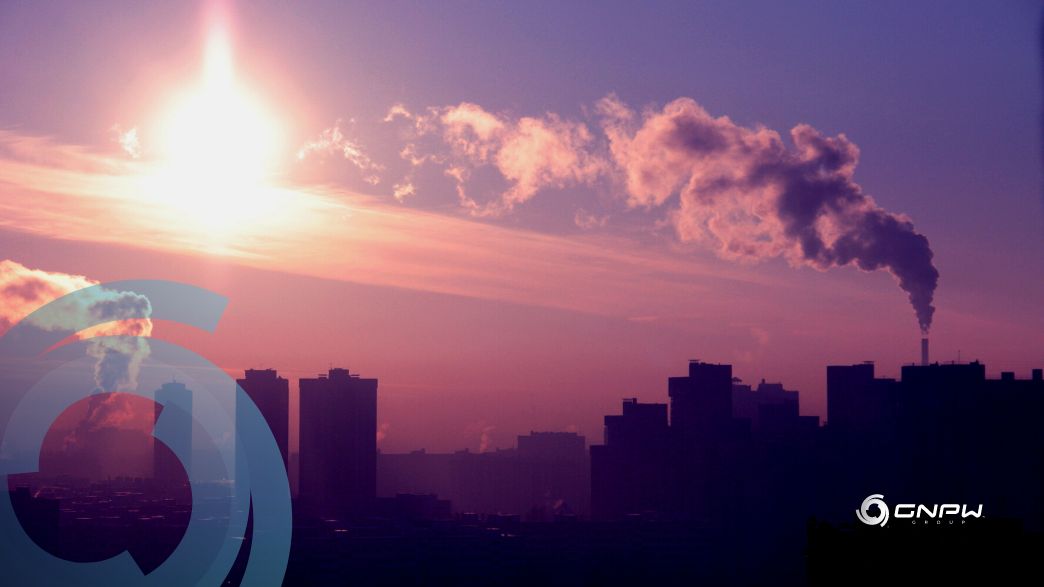COP-27 took place between November 6 and 18, 2022 in Sharm El Sheikh, Egypt, and Brazil had the participation of several representatives.
The Conference of the Parties to the United Nations Framework Convention on Climate Change, COP27, is one of the most important international conferences on environmental conservation due to its wide range of subjects and participants.
Every year, several world leaders, scientists and environmentalists come together to present their ideas on how best to protect our environment and, consequently, define plans regarding future actions towards our goals of protecting the environment.
The current edition was held in Egypt, in Sharm el-Sheikh, between November 6th and 18th. It was an opportunity for members to discuss the climate changes that are causing increased episodes of floods, droughts and wildfires. Topics such as the mitigation of greenhouse gases, the increase in Earth’s temperature, adaptations to climate change, compensation for countries already affected and climate finance for poorer countries were addressed at the meeting.
Brazil’s participation in COP 27
COP 27 is an opportunity for Brazil to rebuild its outstanding role in the commitment to the environmental agenda. This time, the country had three pavilions at the event: one for the federal government, one for civil society and another for the governors of the Amazonian states.
The federal government, in this way, presented to the other participants the potential of Brazil in providing green energy to the rest of the world, since the country is already highlighted for having one of the cleanest matrices in the world. The space for the governors of the Amazon presented the other participants with all the grandeur and diversity of the Amazon forest, through virtual reality.
In addition, the space reserved for civil society sought to discuss with other members the relevance of Brazil in the energy transition and mitigation of climate change. In any case, it is expected that the country will resume its internal and external commitments related to the international climate agenda and the maintenance of agreements signed in other editions, such as the methane reduction pact.
Biofuels and COP27
Climate change and the crisis in the supply of natural gas, due to the war in Ukraine, have opened up the need to search for alternatives to fossil fuels. In this way, the Brazilian government seeks to demonstrate its potential for producing and supplying biofuels to the world. Brazil is the second largest producer of biofuels in the world and 85% of its electricity comes from renewable sources, which makes the country one of the main agents in the global energy transition.
In order to achieve the decarbonization and reduction targets, Brazil will need to reduce methane emissions by up to 30% by 2030. One of the proposed ways to achieve this is investing in renewables, such as solar and biogas. By preventing methane from coming into contact with the atmosphere, by transforming it into biomethane, not only is methane emission reduced, but energy is produced as a substitute for fossil fuels.
In addition to the actions developed and promoted by the government, companies are already moving ahead and opting for renewable sources in the production and supply of vehicles and industries.
Therefore, Brazil has great chances of developing green energy in the country in the coming years, mainly with the attractiveness of investments. Biomethane, for example, is manufactured on national soil, from urban waste from cities or from agribusiness waste. If well used, it will enable the achievement of emission reduction targets, certifying the country’s leading role in the global energy transition process.
Did you like the content? Go to our blog and read more.

Comment